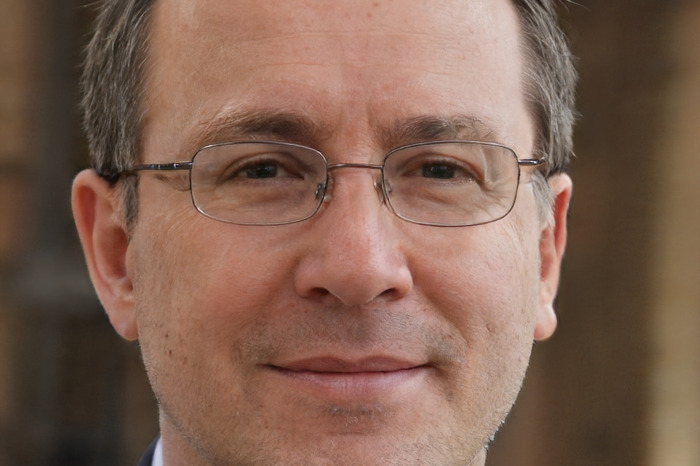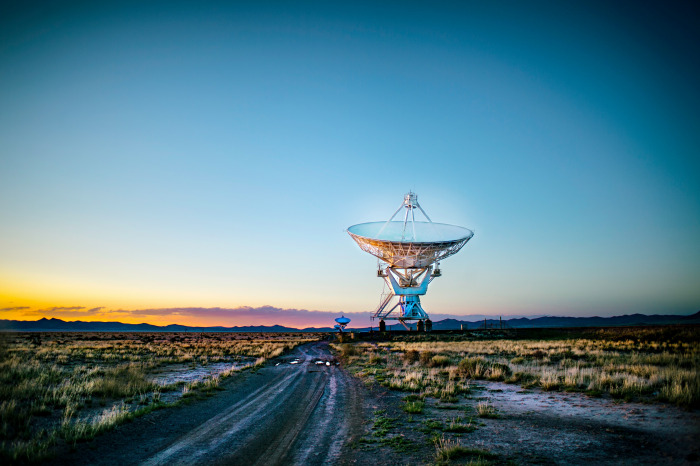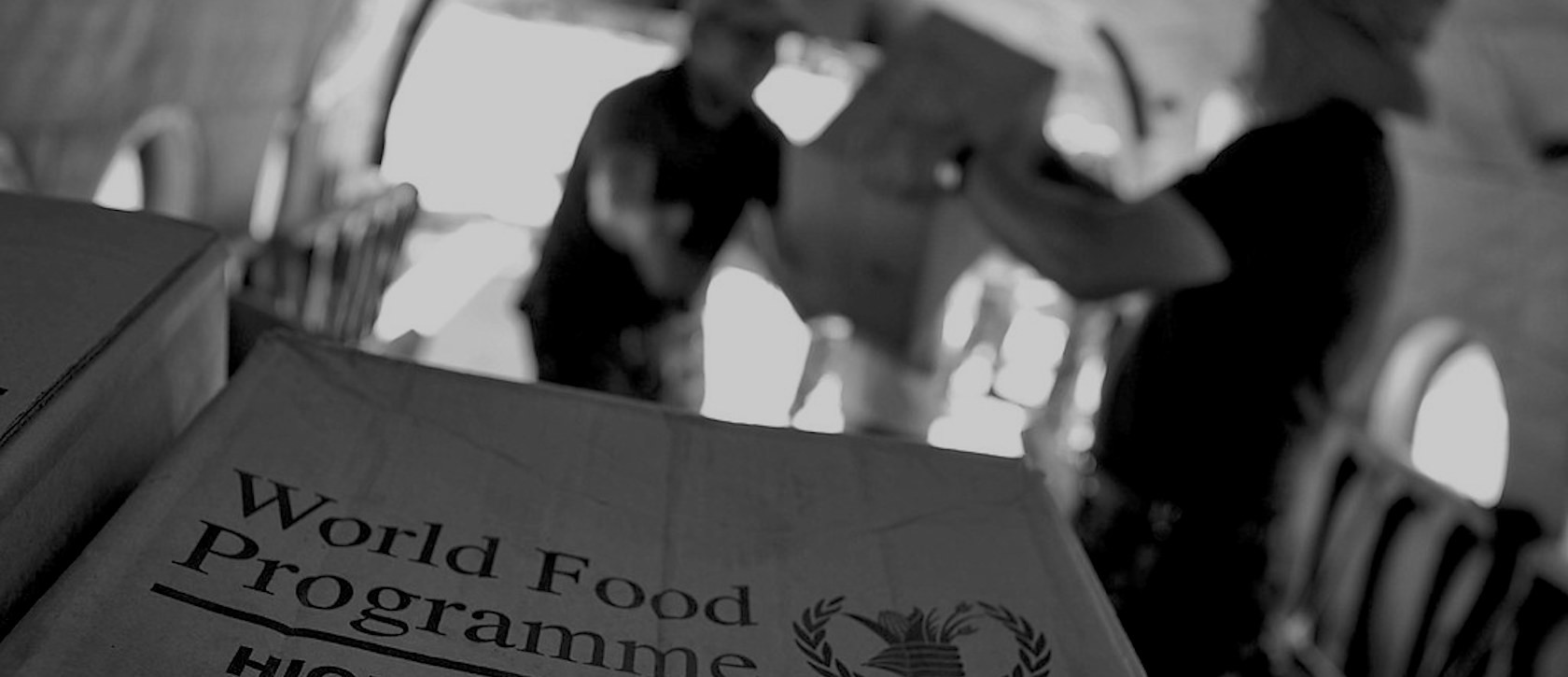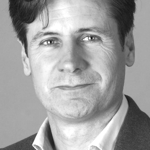
Wow. Wow. Wow. Wow. I can’t believe it!
It is what David Beasley, executive director of the United Nations World Food Program (WFP), said when he received the news that the Norwegian Nobel Committee had awarded the 2020 Nobel Peace Prize to the institution he leads.
In its resolution, dated October 9, the Committee explains that its decision to award this year’s Prize to the WFP is in recognition of its efforts “to combat hunger, for its contribution to bettering conditions for peace in conflict-affected areas, and for acting as a driving force in efforts to prevent the use of hunger as a weapon of war and conflict.”
Founded in 1961 and headquartered in Rome, the World Food Program is the world’s largest humanitarian organization dedicated to fighting hunger and increasing food security in countries facing difficulties in this area. In addition to providing emergency aid, primarily in conflict zones, WFP assists in making the food systems of less-favored countries more resilient to climate change, political instability, and other crises, such as the coronavirus pandemic. An unexpected event that, as Beasley already warned this past spring, coinciding with the publication of its Global Report on Food Crises 2020, could double the number of people worldwide who face food insecurity situations.
“The world is in danger of experiencing a hunger crisis of inconceivable proportions if the World Food Programme and other food assistance organizations do not receive the financial support they have requested.” denounces in regards that challenge the Nobel Committee on the official announcement of the award.
A commendable mission that we are happy to see recognized with this year’s Nobel Peace Prize. And this for a double reason. On the one hand, because, as the statement from the Nobel organization argues, increasing food security “not only prevents hunger but can also help to improve prospects for stability and peace.” On the other, because the fight against hunger in the world is closely related (much closer than it may seem at first glance) with our favorite topic: the future of work.
It is a matter of fact. Driven by current demographic trends, people born in developing countries represent a growing proportion of the global workforce. But many of these countries still suffer from food insecurity situations that affect the health of their citizens, their intellectual development, and, consequently, limit their professional potential in the medium and long term.
But first, we, citizens of developed countries, must overcome our tendency to look only at the short term, and within the safe limits of our small towns, regions, or countries. And we need to understand that the planet we live on is a complex and highly dynamic ecosystem in which everything, absolutely everything, is interconnected.
We need to understand, for example, that if the education or health of children in these countries is insufficient, either due to poor nutrition or for other reasons, this will affect their productivity when they reach adulthood. And this will be a problem not only in the country where they were born but also in ours.
We are talking about a challenge with a planetary dimension about which the World Bank has been trying to raise awareness for several years through its Human Capital Index (HCI), an international metric that calculates the productive potential that a girl or boy born today can expect to reach when they turn 18 and compares it to what they could achieve in an optimal scenario of complete education and full health.
From the perspective of this metric, human capital consists of the knowledge, skills, and health people accumulate throughout their lives and allow them to realize their potential as productive members of society. More human capital is associated with higher incomes for individuals, higher economic growth for countries, and more cohesive communities. It is also an engine for poverty reduction while it strengthens people’s trust in institutions.
The World Bank launched this metric in 2018 as part of the Human Capital Project (HCP), a global effort to accelerate progress toward a world where all children can reach their full potential. And, although the latest edition of this index shows that in the 2010-2020 period many countries have made significant progress in improving their human capital, it also reveals the there is still a long way to go in countries struggling against fragility and conflict, the natural territory of the United Nations World Food Program.
The data compiled by the World Bank reveal that armed conflicts, famines, and other natural disasters harm human capital and that those effects can persist for decades, and even across generations. And we must now add the COVID 19 pandemic, which threatens to reverse many of the achievements made on this front during the last decade.
In this context, urgent action is needed to protect the hard-won gains in human capital, particularly in the poorest and most vulnerable countries. Hence our joy at the award of the Nobel Peace Prize to the World Food Program. Also in recognition of almost 60 years helping to feed the human capital of our planet.
Did you like it?
Future for Work Institute operates on an annual subscription model that includes access to our calendar activities and knowledge repository resources, as well as in-company services.
Plan
Curiosity
Recommended for HR teams of between 5 and 20 people.
Plan
Pioneer
Recommended for HR teams of between 15 and 100 people.
Plan
Exploration
Recommended for HR teams of more than 100 people.
Plan
Horizons
For more complex organizations.
Already Registered? Log in here








